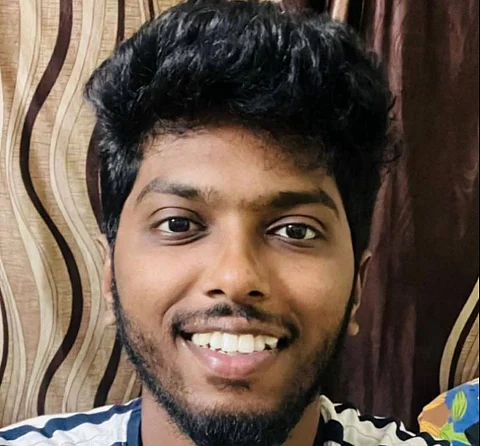
— ✍️Deepan Chakravarthy P.
Kavin Selvaganesh, a 27-year-old Dalit youngster from Tirunelveli, Tamil Nadu, was man-slaughtered by one Surjith S., for allegedly being in love with the latter’s sister. The victim was a software engineer and also a university gold medalist, but was hacked to death for loving beyond the barriers of the caste. This brutality caused shock waves across the state and is echoing back as a renewed demand for the state government to enact a special statute to impose stricter penalties for honor killings. Enabling severe statutes on penalizing such caste-brutality may seem to satisfy the agony the victims have gone through. Still, a parallel question arises, whether such statutes can put an end to these recurring honor killings.
The caste patriarchy, corroding the Indian society for several centuries, has been the sole cause for all the miseries faced by the deprived classes. While no living statute is aimed at extricating such barbaric social divisions, practices like untouchability and honor killings persist as manifestations of this root cause. Focusing on severe punishments for these mere effects of the caste system may offer a temporary illusion, but it risks diverting our attention towards temporary fixations rather than uprooting the sole fundamental cause.
The outburst calls for severe laws to eradicate honor killings, which often stem from different impetuses; from the victim’s family, it is because of emotional outbursts for the irreparable loss they suffered; from the general public, it often reflects a political immaturity and lack of understanding of the fundamental root cause; and for the politicians, such demands very often reflect nothing more than an electoral stunt which lacks any intentions for structural change. To understand this harsh reality, we must first recognize that all permanent political and societal transformations have occurred not because of emotional outbursts, but through intellectual implications.
Recent instances, especially in Tamil Nadu, solidify this contention. In January 2025, a special court for the trial cases in Coimbatore, Tamil Nadu, awarded a death sentence to the convict Vinothkumar, guilty of double murder in the name of honor. The very next month, Yuvaraj, an accused convicted of life imprisonment for murdering Gokul Raj, a Dalit, merely for his friendship with a girl from the accused’s caste, was released on a one-day parole for a family celebration. Certain people from Yuvaraj’s caste celebrated him as if he were a war hero. This is the ground reality that the social media revolutionaries do not tend to understand. If death sentences and life imprisonments, granted to these accused, were reflected in the ground society, we may not have lost Kavin Selvaganesh today. Hence, enhancing stricter statutes may never really change the perspectives of society, but rather be a mere compensatory provision.
Even if such statutes were to be enacted, to protect the interests of the deprived classes, they should be versatile and should penalize every killing in the name of honor, even those that are among Dalits. What many don’t seem to understand is that the communities within the Scheduled Castes are not homogeneous and are often subjected to practices like untouchability between themselves. This graded inequality between Dalits also expands to honor killings in the case of marriage between different Dalit sub-castes. In particular, the manslaughter of a couple, T. Solairaj and S. Petchiammal, in Thoothukudi, Tamil Nadu, in the year 2019, stands out as a perfect example. While both the deceased were Dalits, Solairaj was from the Paraiyar community, while Petchiammal was from the Pallar community. Hence, in case a special statute is to be enacted against honor killings, it should also address and penalize honor killings between Dalits as well.
To put more clarity on this, The Scheduled Castes and The Scheduled Tribes (Prevention of Atrocities) Act, 1989, was explicitly enacted to address and penalize the atrocities against Dalits and Tribal Communities. But even such a provision fails to identify the atrocities within the Dalit themselves. Hence, even if a statute were to be enacted to control honor killings should address the complex reality of intra-caste violence and discrimination among Dalits too, to meet the ends of justice.
The brutal murder of Kavin Selvaganesh is a tight slap on this society, where even a techie with a high-paying job cannot escape the sin of his birth. Pressurizing the government to pass a statute for severe penalization may seem legitimate, but it wouldn't be fruitful without any social changes. From the puniest act of untouchability to brutal honor killings, they can be dismantled through the annihilation of caste only, while no legal measure for these punitive effects can ever challenge the complexity of the caste hierarchy. Keeping aside the emotional outbursts, intellectual analysis for a long-term result would be the need of the day, as it would decide whether Kavin Selvaganesh is one among many or whether he is the last of all.
- The author is currently pursuing LLB from Delhi University
You can also join our WhatsApp group to get premium and selected news of The Mooknayak on WhatsApp. Click here to join the WhatsApp group.